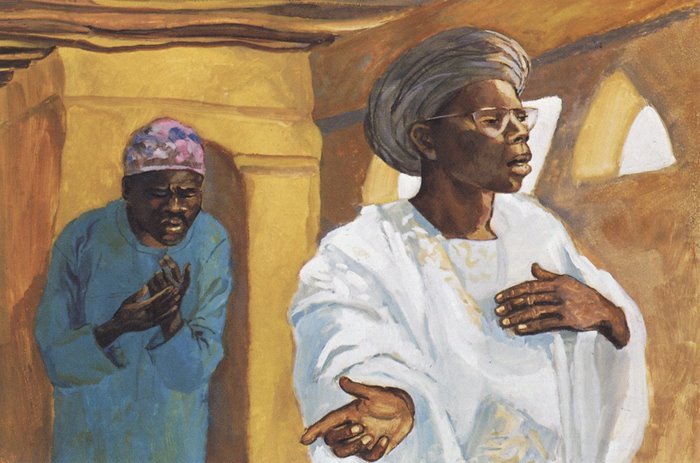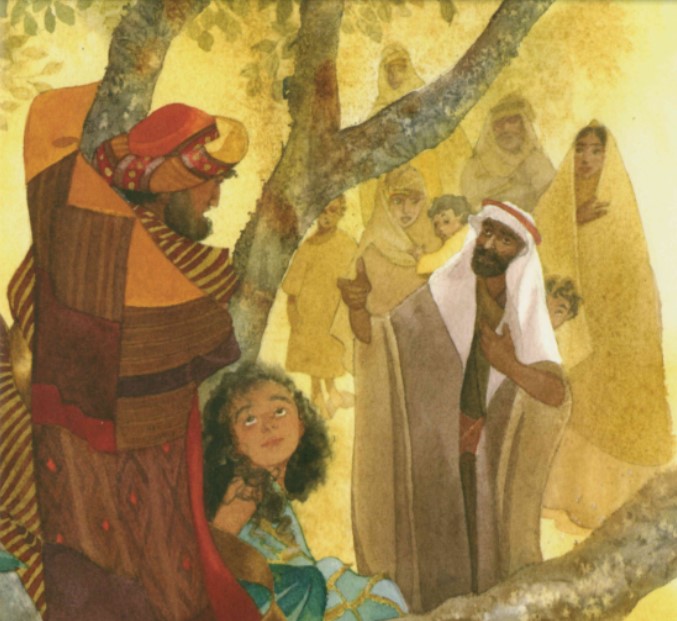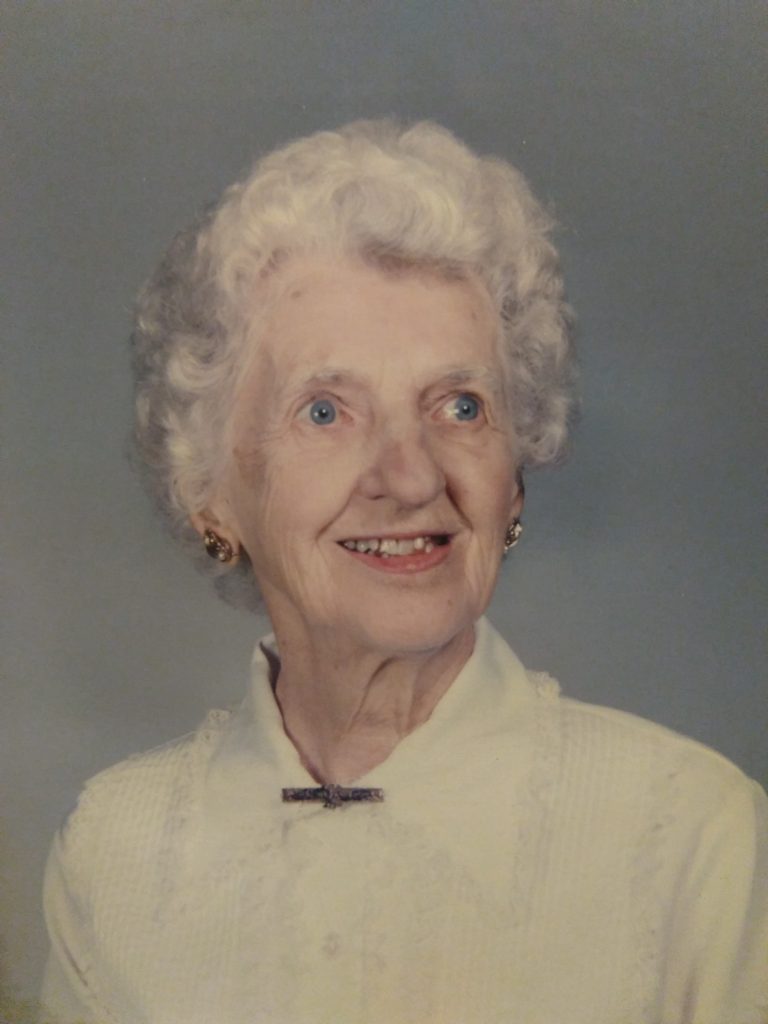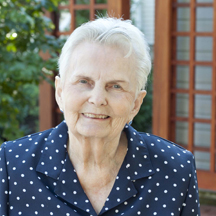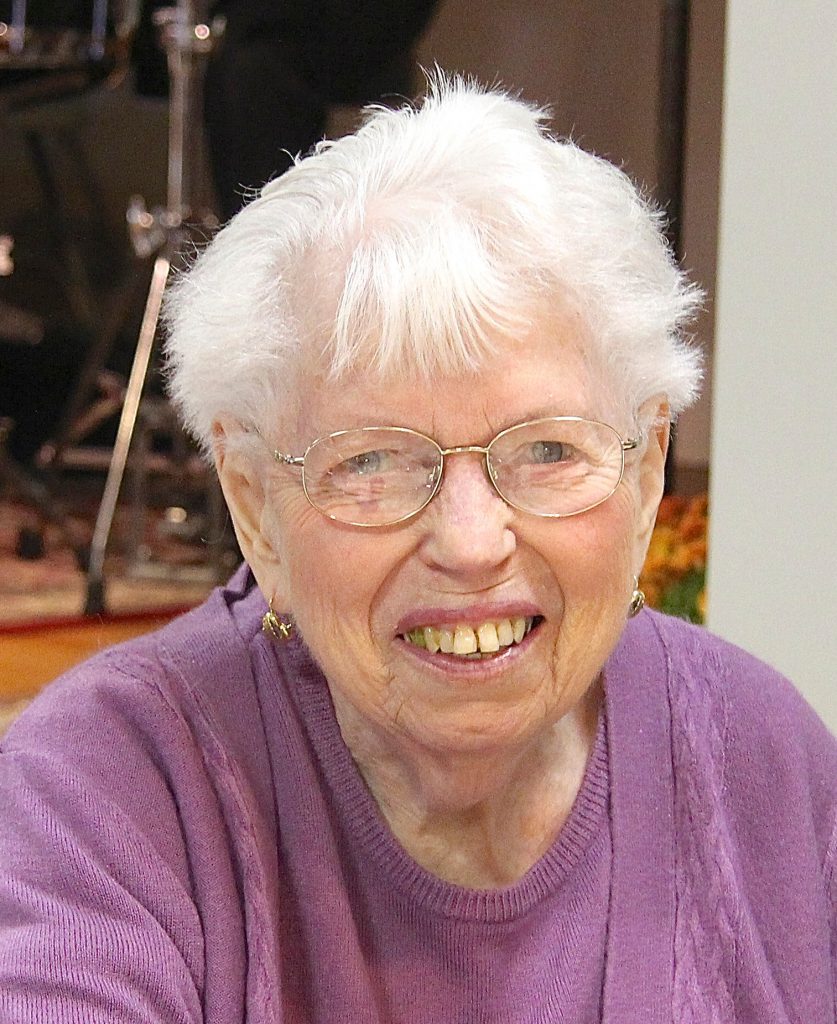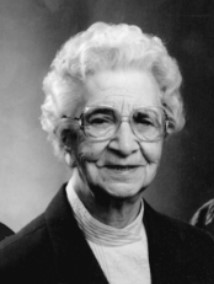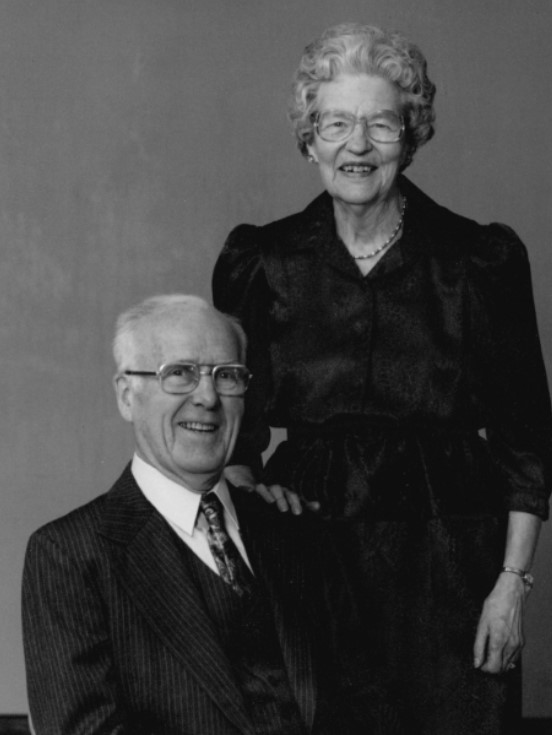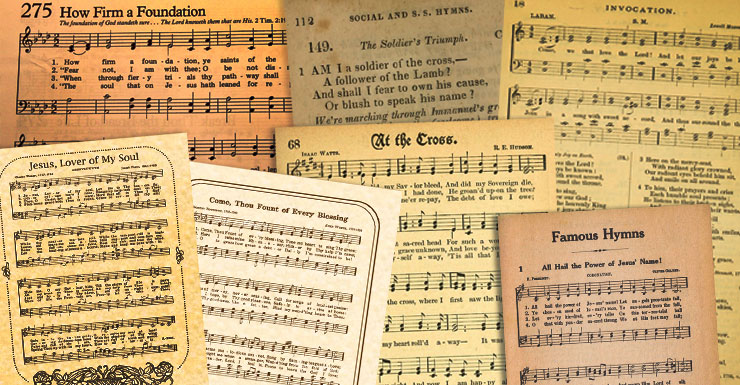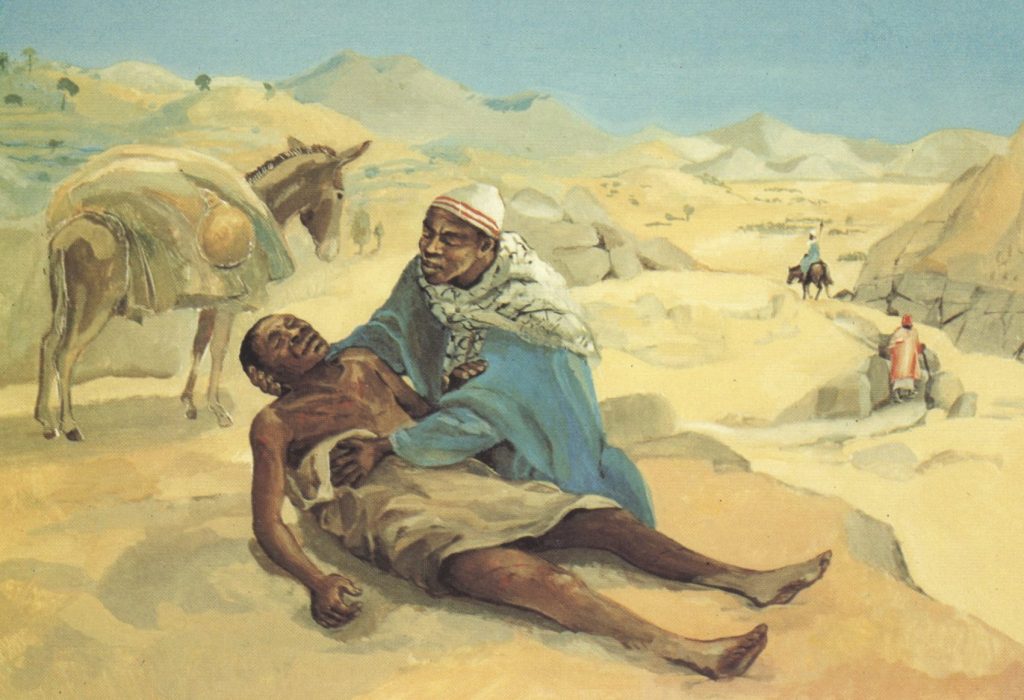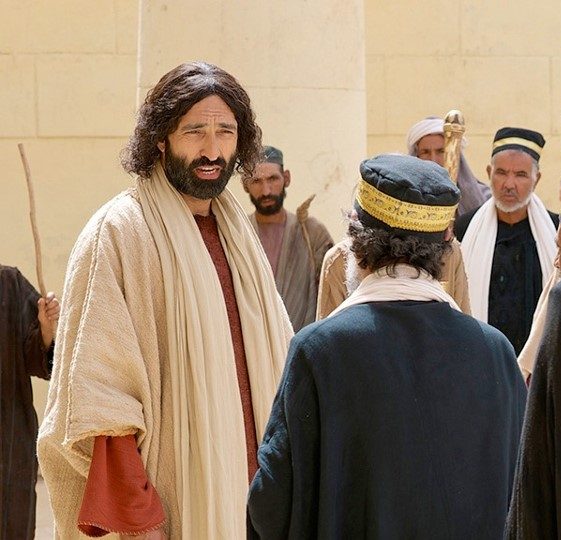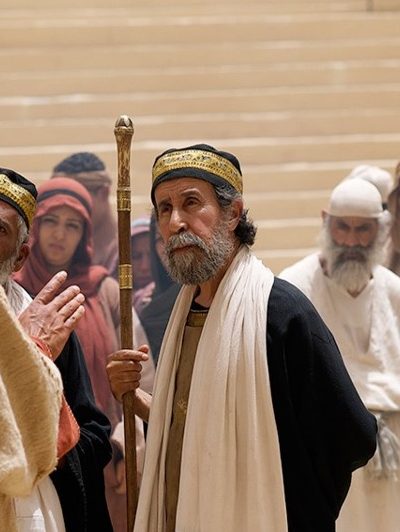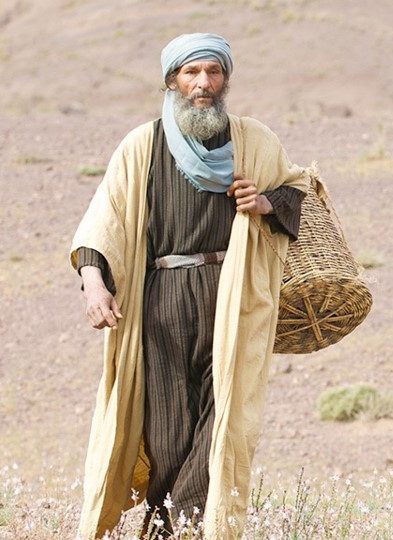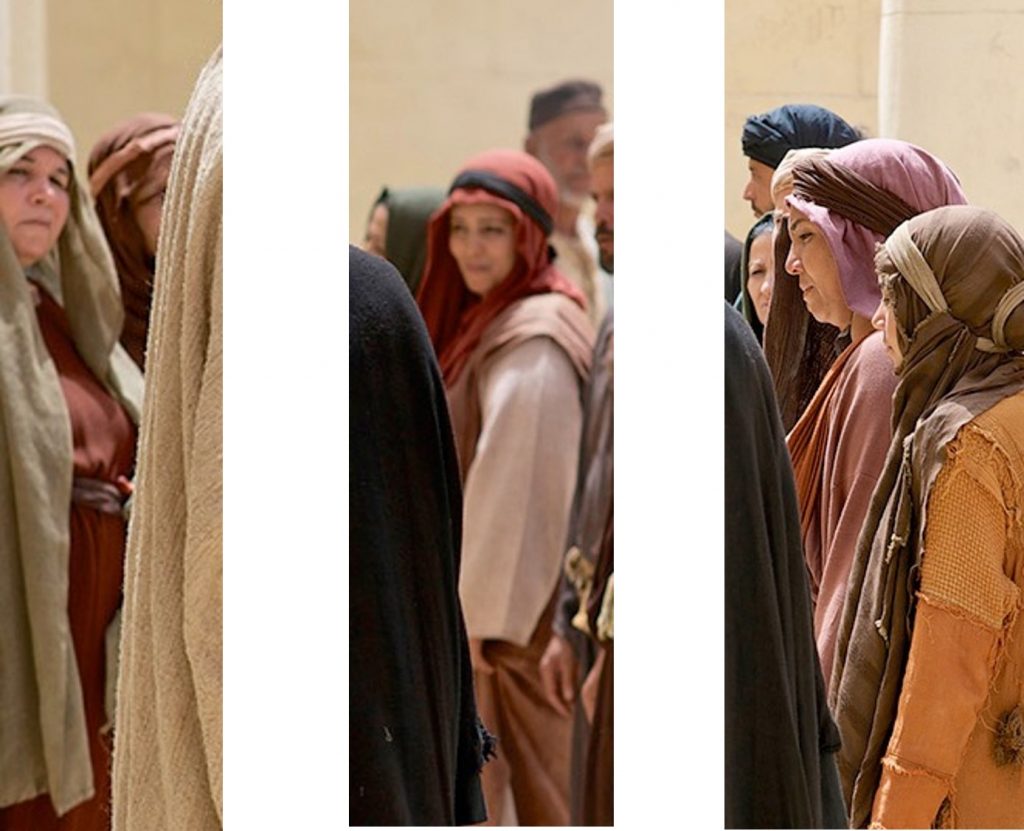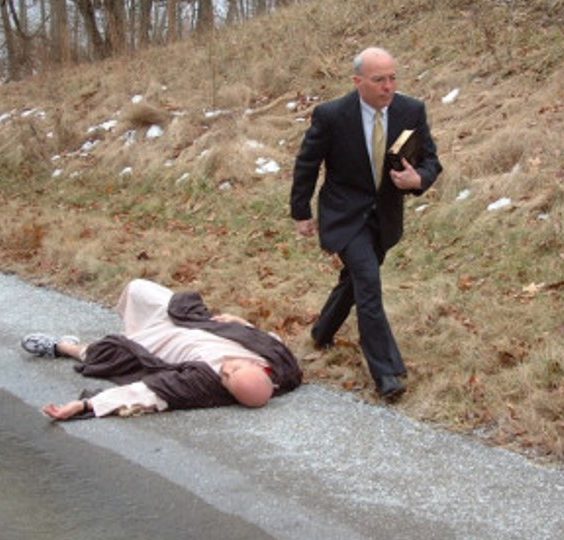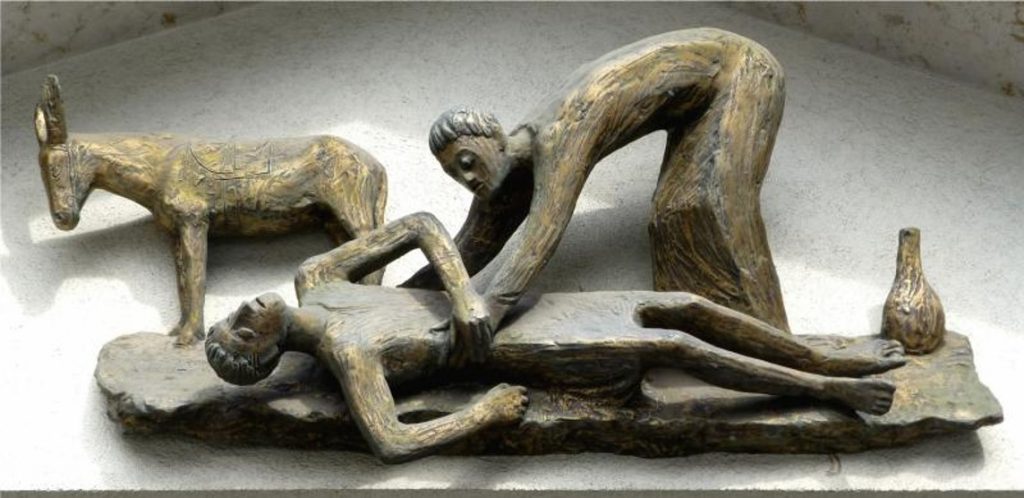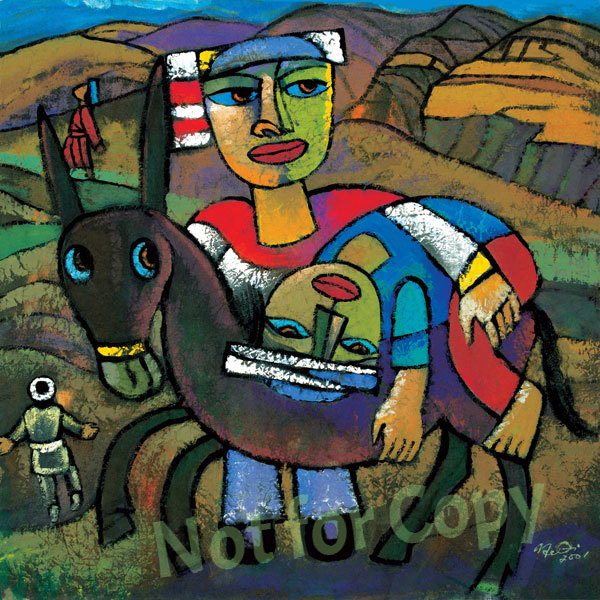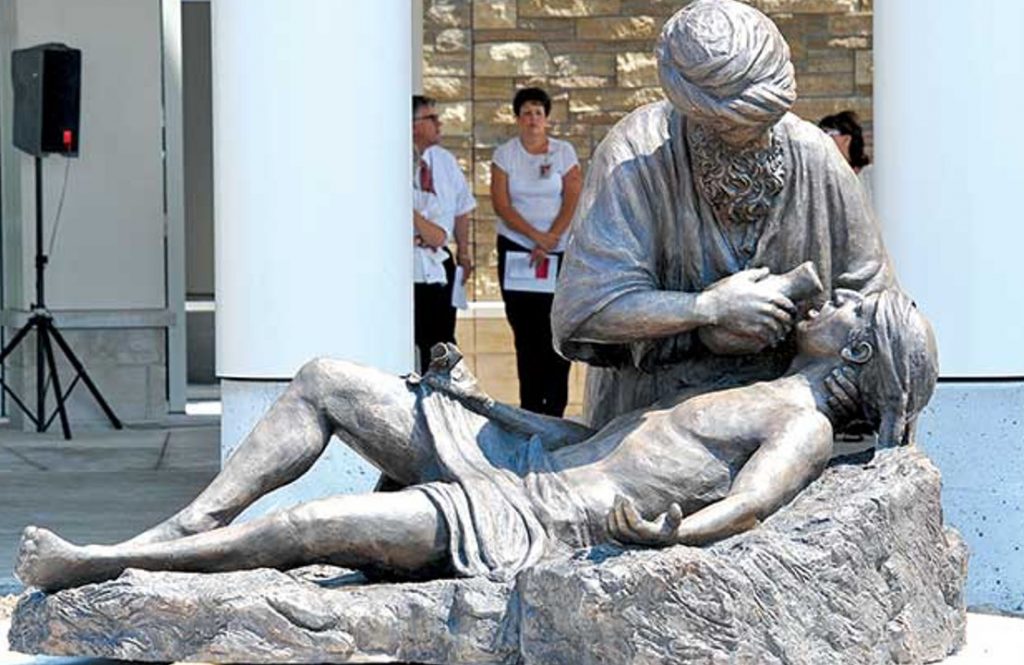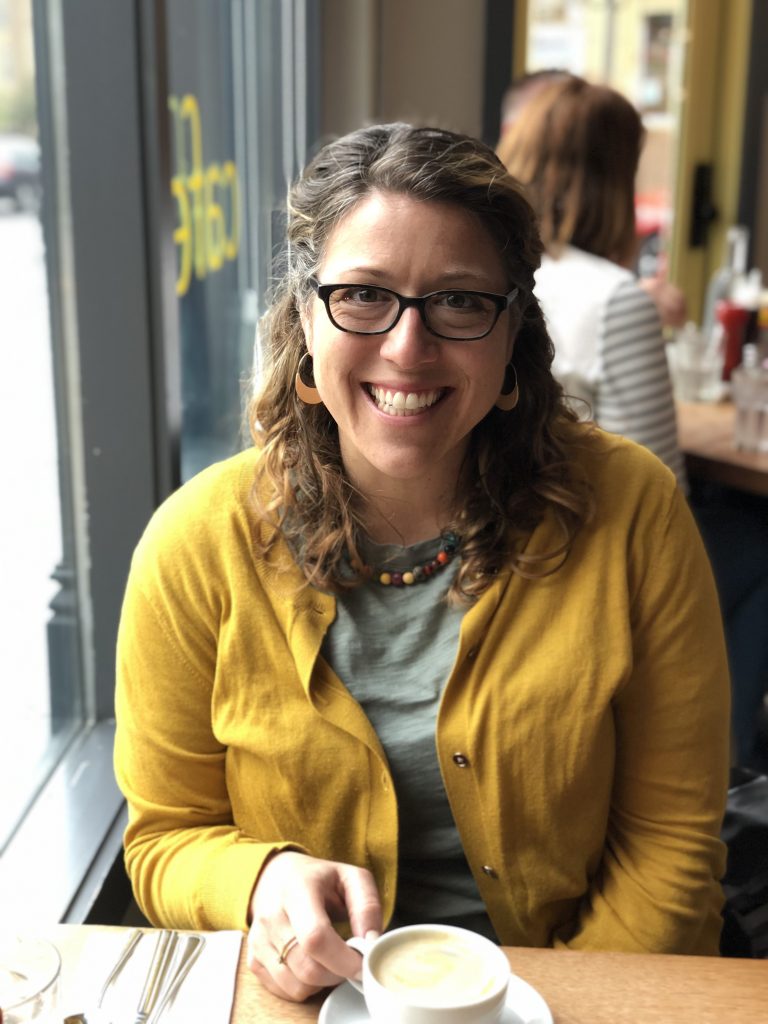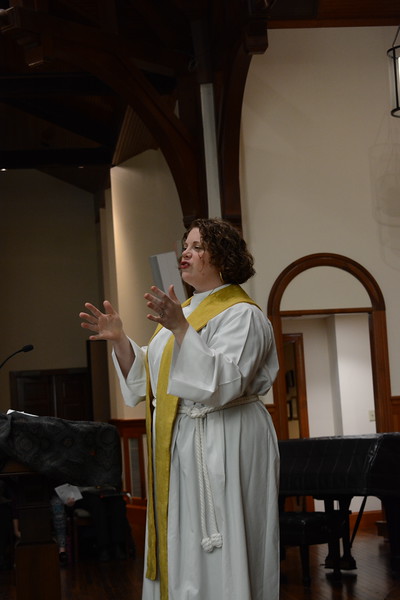
A guest sermon from the Rev. Laura Everett, Executive Director of the Massachusetts Council of Churches. Learn more about Rev. Everett’s mending work here.
Colossians 3:12-17
I bring you the blessings and greetings of the Massachusetts Council of Churches, a network of individuals, congregations and 18 denominations convinced that what binds us together in Jesus Christ is stronger than anything that might divided us. Anything that might divide us. Anything. We are bound together, knit together, sometimes patched and mended together. When so much threatens to tear apart the Church at the seams, the Massachusetts Council of Churches is in the business of repair.
Let us pray: Gracious God, I am bold to stand before your people and proclaim your good word. Send your Spirit among us that we might so we might receive the Word you have for our lives this day, in this place. I claim you again, my rock and my redeemer.
Did you ever feel the power of new clothes? A whole new world seemed possible with a first day of school outfit. My Girl Scout uniform proudly proclaimed with patches that I can tie knots and blaze trail. I think of the black suit jacket my mother bought for me at the store Express in the Rockaway Townsquare Mall in suburban NJ. The shoulders are too big, the fabric likely flammable, but somehow it felt possible that I could be someone different, someone professional, someone who could get a job.
For some of us who grew up poor, new clothes mostly just mean new to us. Those new clothes had been broken in by others, older siblings handing down, or strangers who left behind a butterscotch candy and a crumpled tissue in the pocket by the time we found their old coat at Goodwill.
New clothing, wherever it comes from, signals a change: the white cotton of a baptismal gown, the pale blue silk tie of a wedding day. New clothes for a job interview, a sports jersey, a work uniform, dress military uniform, a jail uniform, a hospital gown, a burial shroud. Often, something big has changed, more than just our exterior when we put on new clothes.
St. Paul turns to this idea of clothing to explain how the Christian community should act. He writes “As God’s chosen ones, holy and beloved, clothe yourselves with compassion, kindness, humility, meekness, and patience.” What I love about this metaphor is the ability to become something new. Put it on. Try on something different. Right before this passage, St. Paul tells the Church in Colossae (koh-LA-see) to “strip off the old self” of its practices of malice, slander and wrath, and to clothe yourself in the new image of your Creator. This is a powerful idea- we can behave differently. Take off your anger choking at your neck like a collar that’s buttoned too tight. Instead, put on the soft, handmade, well-fitting sweater of love.
Clothing would have functioned very differently in the ancient world of this text. People would have had only a few items of clothing- a tunic, a cloak, a belt, sandals. Clothing was precious, which is why the soldiers cast lots for Jesus cloak. When Jesus tells the disciples to “take nothing for the journey,” not even a second tunic or pair of sandals, rest assured these disciples did not have a closet full of extra tunics. When the woman reached out to touch the hem of Jesus’s cloak, she likely felt wool or linen. Clothing was homegrown, homespun, home woven, hand dyed and hand sewn. And so, Paul’s command to take off the garments of your former self and clothe yourself anew is an invitation to major change of that one garment you’ve been wearing all the time. Beloved, if there’s an ill fitting garment you’ve been wearing for too long, you do not have to wear it any more.
To this Christian community in Colossae, Paul is pointing to a new way to be in the world. The thing about clothing is that it’s visible. These are not private virtues, but visible to the world. When we are clothed with compassion, kindness, humility, meekness, and patience, others will see it. They will know we are Christians by our clothes. In a way, yes. This is the promise of the Christian life, in our baptismal gowns, we are all clothed in a new garment. We can wear our love like heaven. We can be different than what we’ve been. We can clothe ourselves in love.
A 19th C Baptist minister in Manchester, England wrote, “It takes a lifetime to fathom Jesus; it takes a lifetime to appropriate Jesus; it takes a lifetime to be clothed with Jesus. And the question comes to each of us… Are we daily, as sure as we put on our clothes in the morning, putting on Christ the Lord?” (Wearing God, p40)
And yet, and yet, even as Paul tells the Church to clothe ourselves in love, even as we’re asked if we’re putting on Christ as we put on our clothes each morning, we know that some of us are not able to dress ourselves. Some hands can’t manipulate fiddly buttons. Some eyes can’t see the tiny clasps. Young and old and everything in between, we rely on others to assist in clothing us, to get to that zipper all the way in the back. And much of what has been draped on our bodies are not the garments of heaven but things that constrain, cover, denigrate and deny.
The writer Lauren Winner puts it this way: “On Paul’s terms, Jesus is not the kind of clothing that creates social divisions, but the kind of clothing that undoes them. Jesus is not a Vineyard Vines dress or a Barbour jacket; He is the school uniform that erases boundaries between people.” (Wearing God, pg 50)
When it’s at its best, Church is where we clothe one another in love. Here is where we put on Christ, together. When we’re tangled up in that sweater that’s too small, when we’re drowning in that suit jacket that’s too big, we come here and get right-sized. We come to Church together so that sometimes, someone else can remind us that however banged up and scuffed up and torn up we feel, we are clothed in Christ. Every Sunday we can come in frayed, and aim to leave wrapped in the garments of God.
And this is why you are giving generously to this church. West Concord Union Church has a beautiful reputation of being a place where everyone, regardless of ability, is clothed in love. We give because we believe in this work and witness. To the Church, Paul writes “clothe yourselves with love, which binds everything together in perfect harmony.” When we’re all clothed in love, we are bound together.
I see how you’ve been weaving in this season. Over the past 5 years, I’ve been learning how to mend textiles. I’m trying to learn with my hands what I long for in my life and in the church: repair. Because so much is broken, and the threads of community and country feel like they are coming apart.
Well- loved clothes wear out. The things we wear all the time become threadbare. Seams start to fray. Moths break in. Places of regular use and friction need reinforcement.
And this is what I’ve come to know, Church: mending is an affirmation. We do not mend what we do not value. We repair what we cherish, what we love, what is precious in our sight. When I patch the hole in my wife’s pants, I’m showing my care for the garment and the one who is clothed by it.
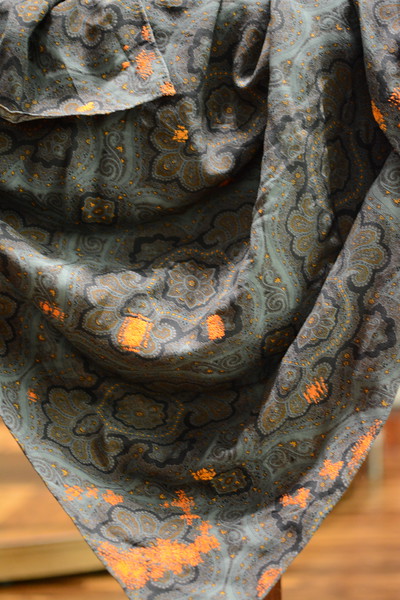
This has become one of my most prized possessions- a wool scarf I’ve been mending for years. All those orange bits are darned with wool. With every stitch, ever act of repair, it becomes more valuable to me, not less. This is what your giving to Church does, you mend. Your repair what you love.
The longer I’ve sat in on my couch with a darning egg and some orange wool and my scarf in my hands, the longer I know this to be true: This is our God, the repairer, the healer, the mender.
God longs for our healing, in our messy, human bodies and in our messy, human community. God longs for us to be clothed in beauty, in compassion, in tenderness and glory. God is a mender.
Maybe it is like this: Maybe God makes a cup of tea and tucks a quilt around. Maybe, God takes our brokenness in her hands and slowly stitches us back together. Attentive, precise, tender. God takes what the world considers disposable and mends so that we might clothe ourselves, clothe one in love, be clothed in Christ.
Mending is an act of devotion, and affirmation of worth. And you, beloved kin of Christ, are worthy of repair. Clothe yourselves in love.
